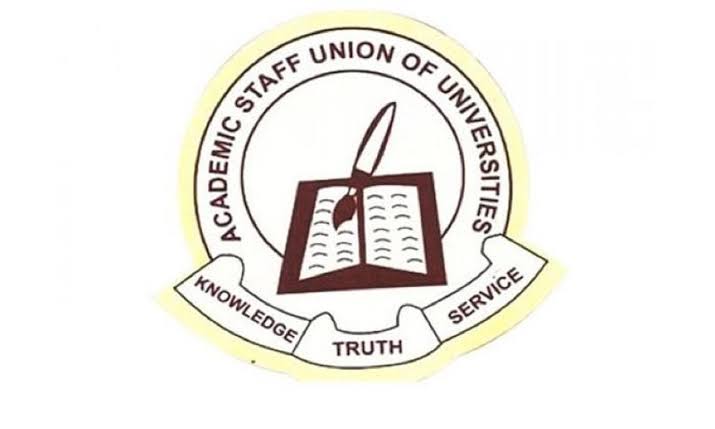ASUU Threatens Nationwide Strike Over Unresolved 2009 Agreement with Federal Government
Abuja, Nigeria – May 24, 2025 – The Academic Staff Union of Universities (ASUU) has issued a stern warning to Nigeria’s Federal Government, threatening a nationwide strike if the long-standing 2009 FG/ASUU agreement remains unaddressed. Speaking at a press conference in Abuja on Friday, ASUU President Dr. Chris Piwuna outlined nine unresolved issues, including stalled renegotiations, withheld salaries, and unpaid allowances, accusing the government of neglecting public universities and risking academic disruption across the country.
Decades of Unfulfilled Promises
The 2009 agreement, signed to improve funding, working conditions, and infrastructure in Nigeria’s public universities, has been a recurring flashpoint for ASUU. Dr. Piwuna highlighted that renegotiations, stalled since 2017, have made no progress, leaving critical issues unresolved. These include withheld salaries from the 2022 strike, unpaid entitlements tied to the controversial Integrated Payroll and Personnel Information System (IPPIS), and delayed revitalization funds. The government’s promise to inject ₦150 billion into universities and adjust irregular allowances by 2026 remains unfulfilled, further fueling ASUU’s frustration. “Our universities should be centers for solutions to national challenges,” Piwuna said, urging the government to honor its commitments.
ASUU also criticized the victimization of its members at state institutions like Kogi State University and Lagos State University, where lecturers face salary denials and job insecurity. The union’s demands extend to broader issues, such as unchecked university proliferation without adequate funding and the failure to implement visitation panel reports. Piwuna emphasized ASUU’s openness to dialogue but warned, “We will not tolerate further erosion of our rights.”
A History of Strikes
The 2009 agreement has sparked multiple strikes over the years, disrupting Nigeria’s academic calendar. Notable actions include a five-month strike in 2010, a 59-day strike in 2011, and a five-and-a-half-month strike in 2013, all driven by the government’s failure to implement the agreement. More recent strikes in 2017, 2018, 2020, and a five-month action in 2022 underscored persistent issues like unpaid earned academic allowances and the contentious IPPIS system. In 2024, ASUU issued multiple ultimatums, including a 14-day notice in September, warning of industrial action over unresolved demands like the release of withheld salaries and revitalization funds.
Public and Government Response
Public sentiment on X reflects frustration with both ASUU and the government. @studentsforumng reported ASUU’s latest threat, urging urgent government action to avoid another strike, while older posts, like @GoldmyneTV’s 2022 mention of ₦456 billion allocated for the 2009 agreement, highlight recurring unfulfilled promises. Some users criticize ASUU’s frequent strikes, with one commenting, “Evil leaders and persons everywhere… God punish both ASUU and government,” reflecting the toll on students.
The Federal Government has yet to respond publicly to ASUU’s latest warning, though past efforts, like setting up committees in September 2024, have failed to resolve the issues. ASUU’s Lagos Zone Coordinator, Prof. Adelaja Odukoya, previously noted the government’s lack of genuine interest, warning that further delays could lead to “industrial disharmony.”
Looming Crisis and Calls for Action
ASUU’s threat comes amid broader socio-economic challenges in Nigeria, with the union arguing that neglecting public universities undermines national development. Piwuna called on Nigerians and global allies to support their struggle, emphasizing that universities should drive innovation, not decay. The union’s National Executive Council is expected to meet soon to decide on next steps, which could include a strike that halts academic activities nationwide.
As the deadline looms, pressure mounts on President Bola Ahmed Tinubu’s administration to act swiftly to avert another disruption. With a history of broken promises and a frustrated academic community, Nigeria’s public universities hang in the balance, threatening the education of millions of students.
